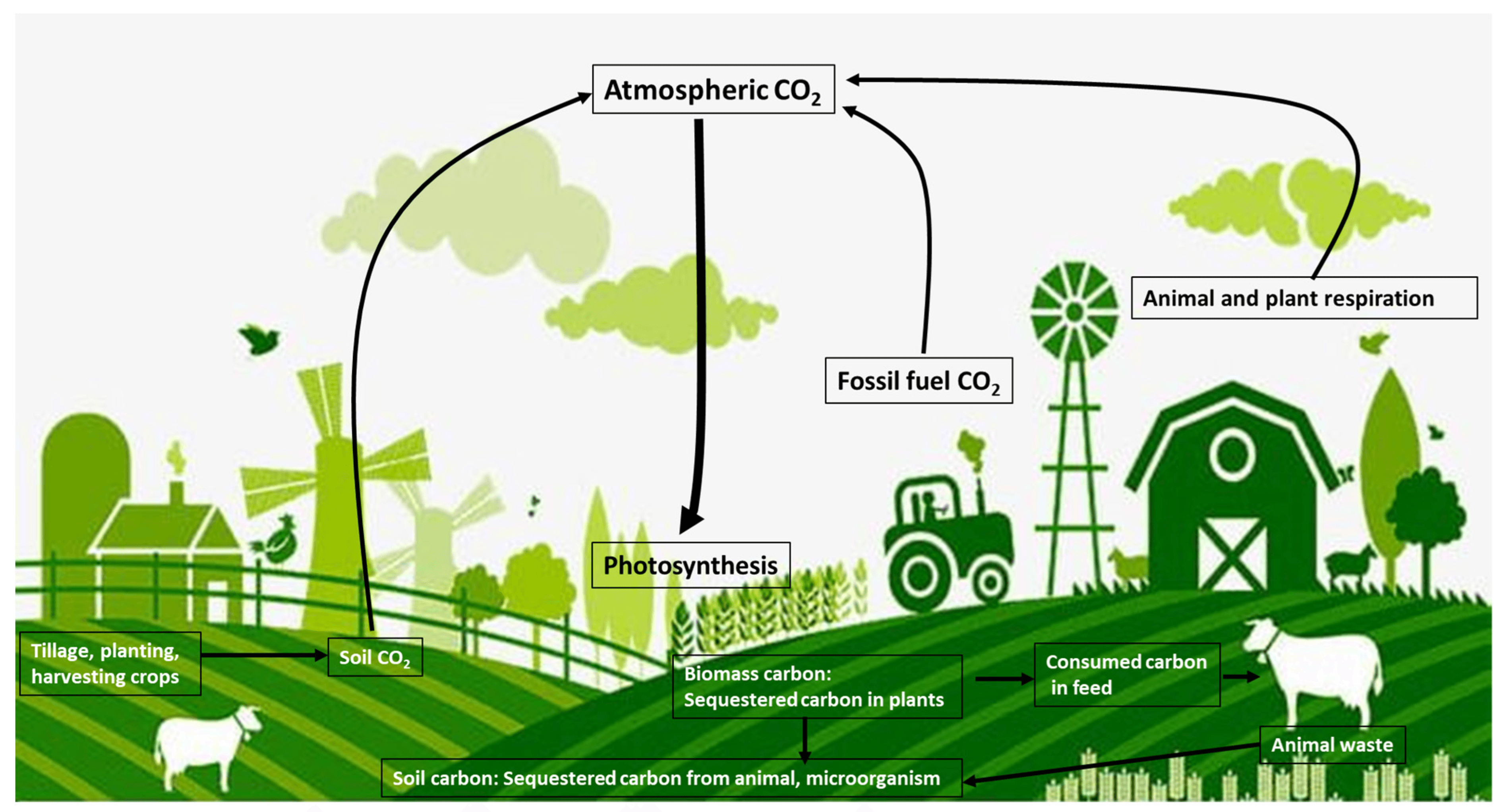
Sustainability and governance of agri-food systems
The research on sustainability and governance of agri-food systems centerson the urgent need to transform how food is produced, distributed, and consumed to address interlinked challenges such as climate change, biodiversity loss, food insecurity, and social inequality. At its core, this field views agri-food systems as complex, multi-scalar socio-ecological systems where ecological processes, market dynamics, political institutions, and cultural values interact. A key principle is the integration of sustainability across environmental, economic, and social dimensions—promoting practices that maintain ecosystem health, support rural livelihoods, ensure fair access to food, and reduce greenhouse gas emissions. Governance is approached as a critical lever for transformation, emphasizing the role of institutions, policies, and powerrelations in shaping how agri-food systems function and who benefits or bears the costs. This includes analyzing global value chains, land tenure systems, subsidies, and trade agreements, as well as the growing influence of corporate actors and financialization in agriculture. The research also highlights the importance of local food systems, agroecological practices, and short supply chains as pathways to enhance resilience, food sovereignty, and community empowerment. Participatory and inclusive governance mechanisms—such as multi-stakeholder platforms, food policy councils, and farmer-led innovation—are emphasized as vital tools for fostering democratic decision-making and knowledge co-production. Another foundational principle is the need for equity andjustice, acknowledging historical and structural inequalities within food systems that disproportionately affect smallholders, women, Indigenous peoples, and migrant laborers. Interdisciplinarity is essential, drawing from ecology, economics, political science, sociology, and public health to understand system dynamics and guide transitions. The research also employs a variety of tools, including life cycle assessments, food system mapping, scenario analysis, and policy evaluations to assess trade-offs andguide evidence-based interventions. Emphasis is placed on circularity, diversification, and landscape-level integration of food production with conservation and climate goals. Ultimately, this research seeks to support the development of agri-food systemsthat are not only productive and efficient but also just, inclusive, and resilient—capable of withstanding future shocks and contributing to broader sustainability transformations. By reshaping how food is governed and valued, this field aims to enable transitions toward agri-food systems that nourish people, regenerate ecosystems, and foster equitable social relations at local to global scales.
Keywords
No keywords available